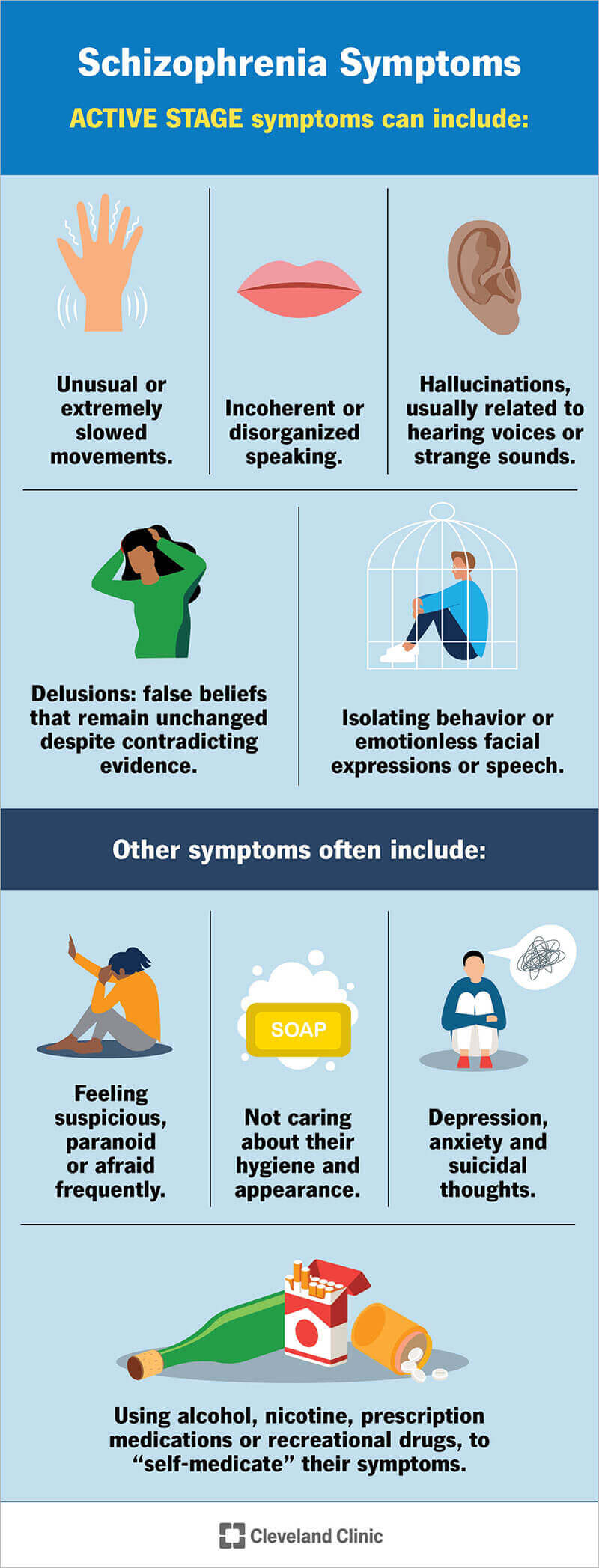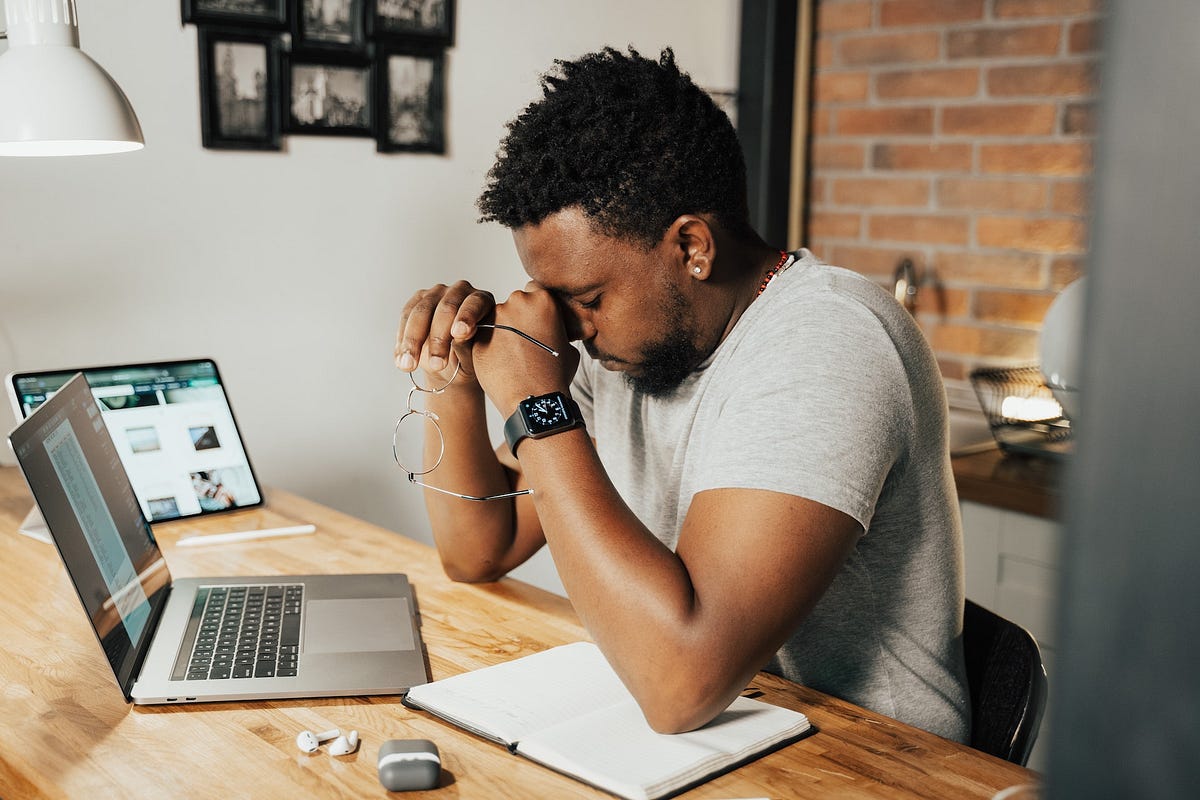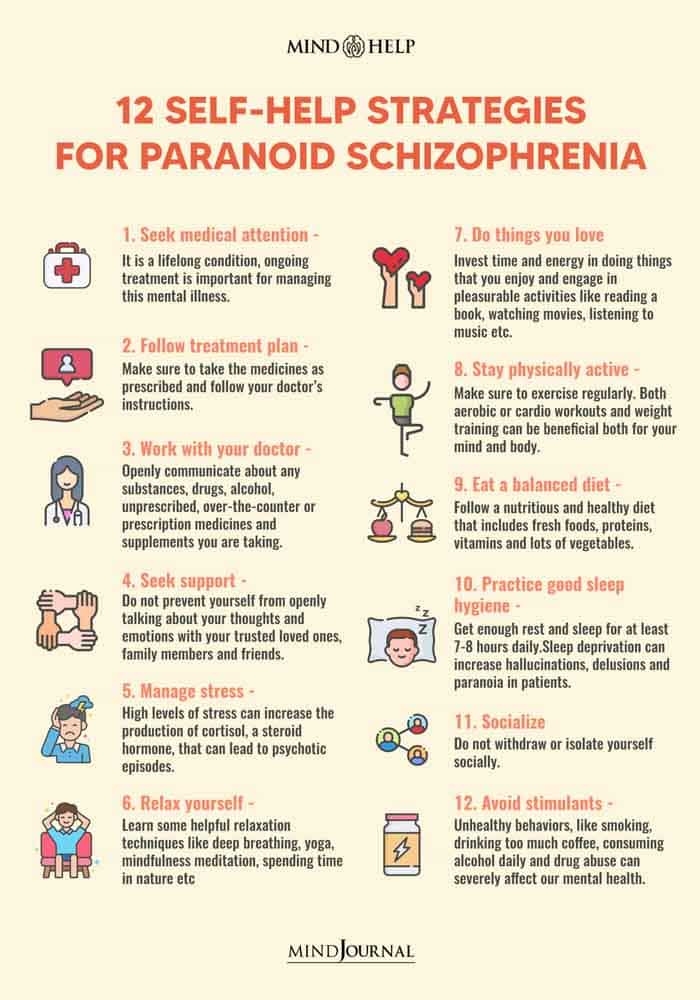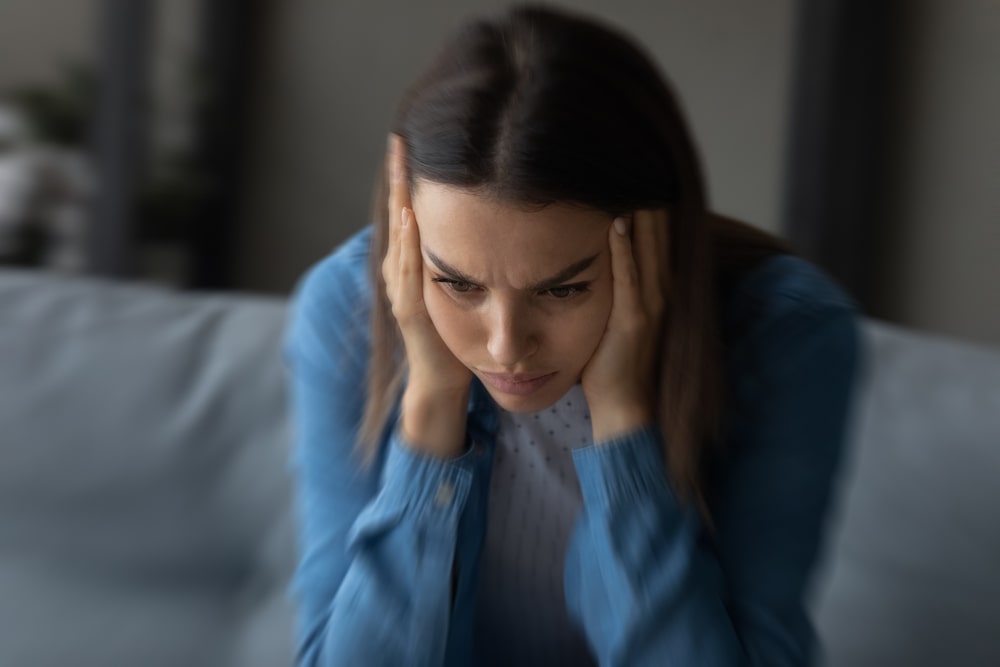Nice Info About How To Handle Paranoia

Practice good sleep hygiene and get good quality sleep every night practice relaxation techniques like deep breathing,.
How to handle paranoia. Here are some other quick tips that can help you learn how to deal with paranoia: Cognitive behavioral therapy (cbt) is a particularly common treatment for paranoia. Medications for paranoia include antipsychotics like risperdal (risperidone) and antidepressants like lexapro (escitalopram).
Written by susan bernstein what is paranoia? A paranoid thought is a type of anxious thought. Anxiety can cause paranoia, affecting what you’re paranoid about and how long the feeling lasts.
If you cannot defuse your paranoia by examining its content, try to distract yourself. If you notice paranoid thoughts at nighttime, you're not alone. Reassure them that you are not afraid, and tell them you’ll make sure nothing bad happens to them.
How do i stop paranoia at night? Call up a friend, go for a walk, or watch a movie. Mae'r dudalen hon hefyd ar gael yn gymraeg.
But paranoid thoughts can also make you anxious. Subclinical social evaluative concerns (e.g., fear of rejection, anxiety about vulnerabilities) passive ideas of reference (e.g., a person having suspicious beliefs. Cbt can also help reduce worry and anxiety that may influence and increase feelings of paranoia.
A person may exaggerate the likelihood of certain risks and feel the need for increased caution. Treatment can depend on the cause but may include psychotherapy and medication. Cbt explores how paranoid thoughts can affect one’s behavior.
Rather, paranoia is a symptom or feature that can be associated with certain mental health conditions or issues. The most common form of talking therapy for paranoia is cognitive behavioural therapy (cbt). It includes distressing, suspicious thoughts and feelings.
If your paranoia is more severe then you are more likely to need treatment. Inability to relax, or chronic anxiety. During cbt, you will examine the way you think and the evidence for your beliefs and look for different possible interpretations.
Paranoia itself is not a clinical diagnosis, dr. Includes tips for helping yourself, and guidance for friends and family. You feel suspicious of every little thing in life.
Paranoia has a variety of causes and risk factors. Antipsychotics may be used to treat paranoia in people with paranoid schizophrenia, while antidepressants and minor tranquilizers may be prescribed to treat individuals with anxiety or. Offer them some food or water.




:max_bytes(150000):strip_icc()/paranoia-treatment-5192924-5fbe61c78c1c4202b2ea22469fb8286d.jpg)













